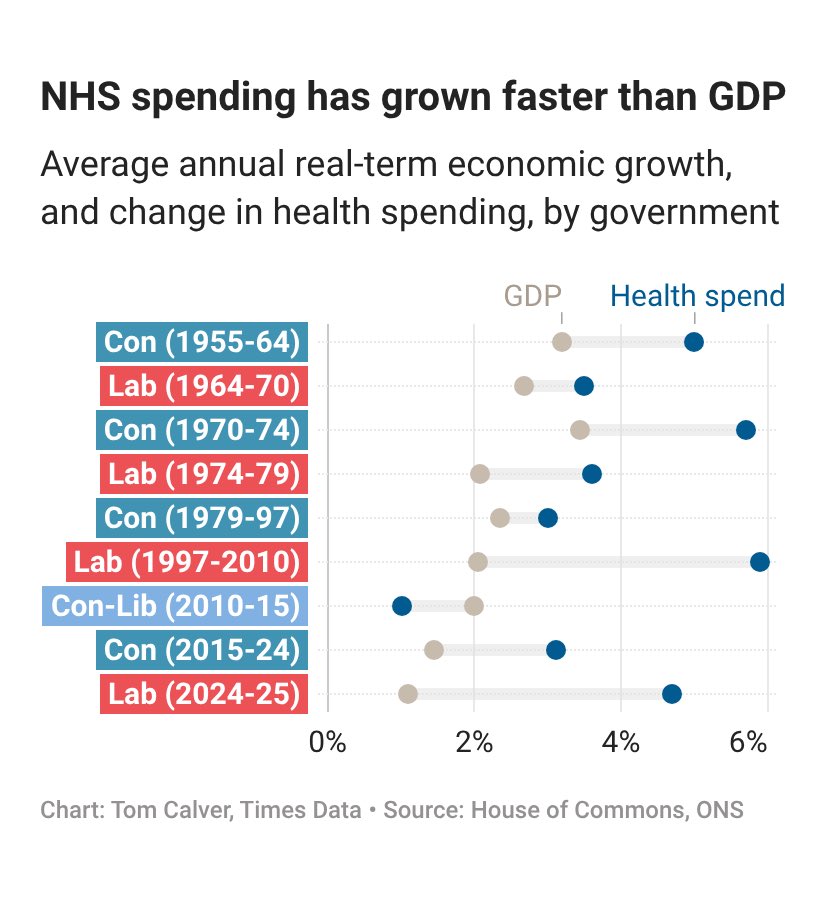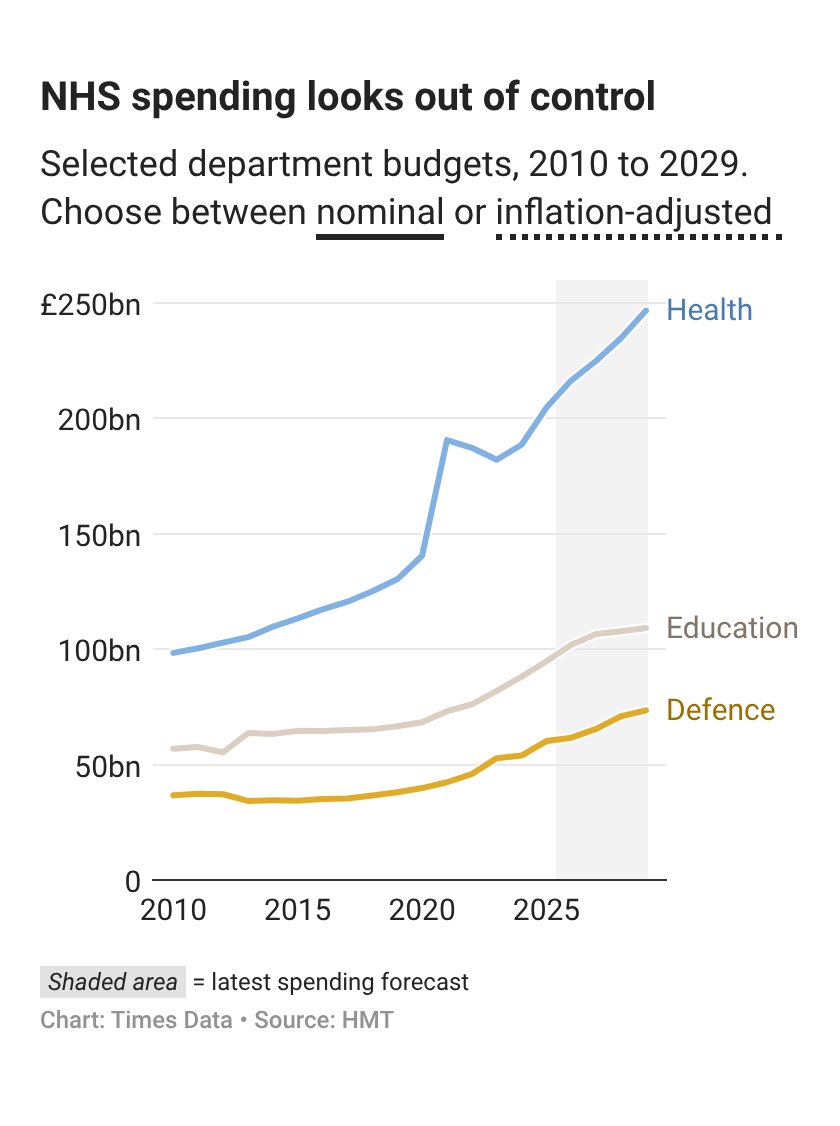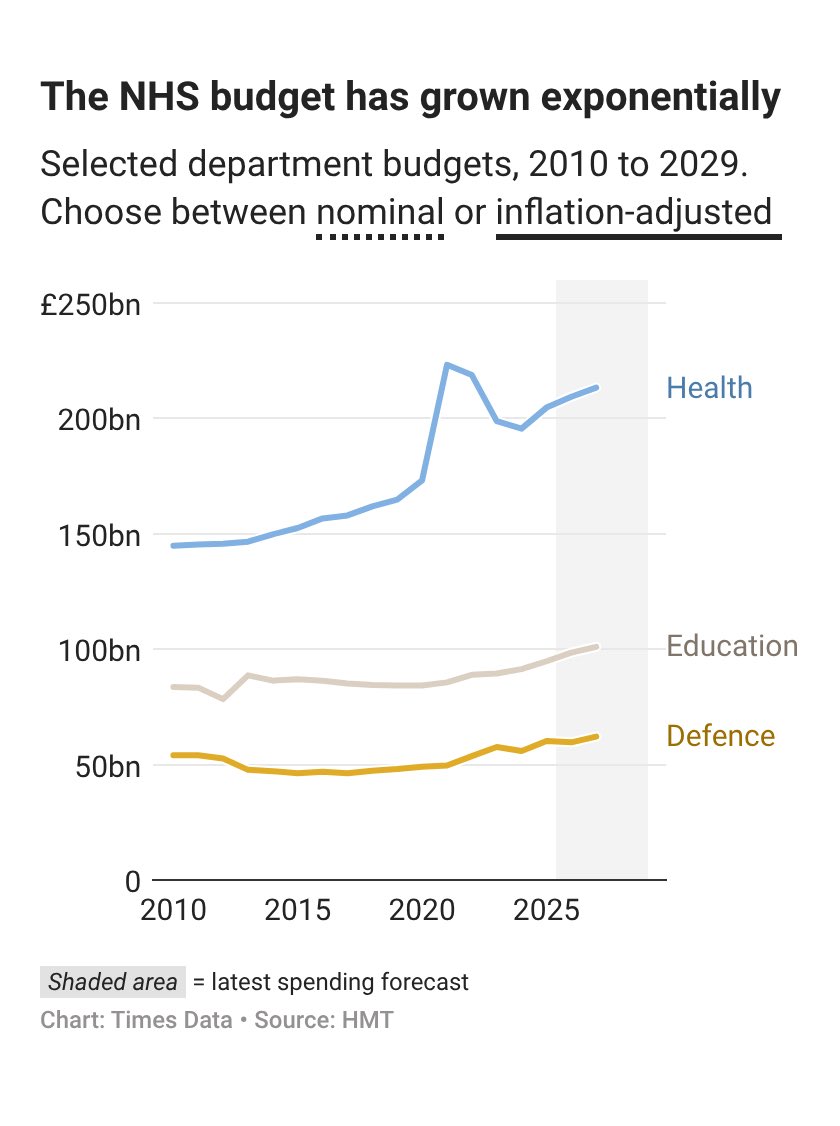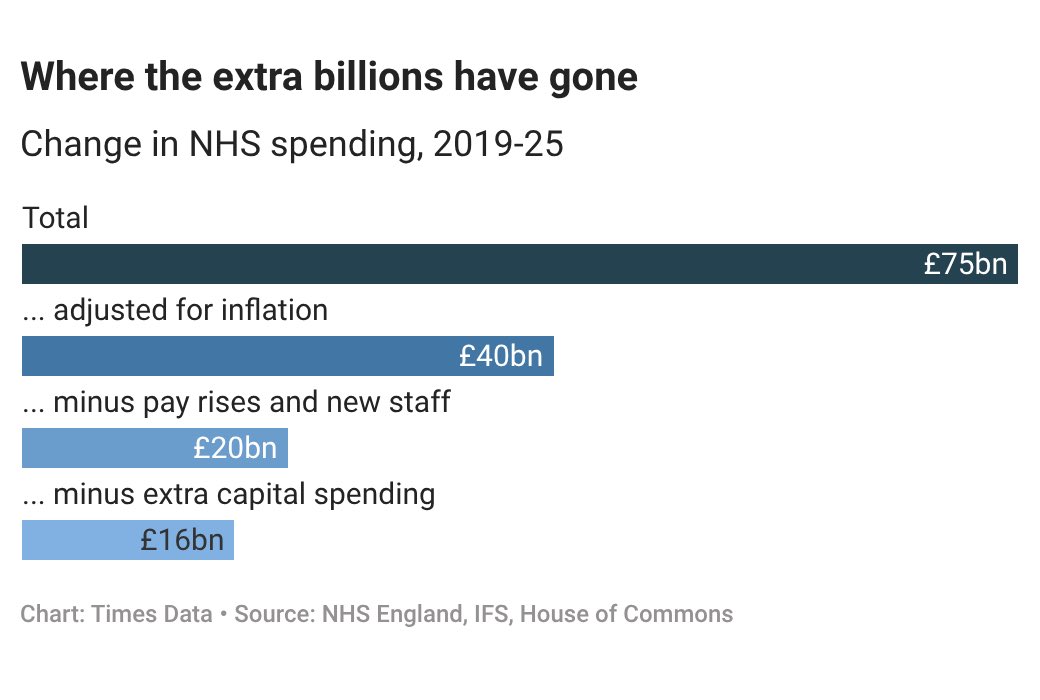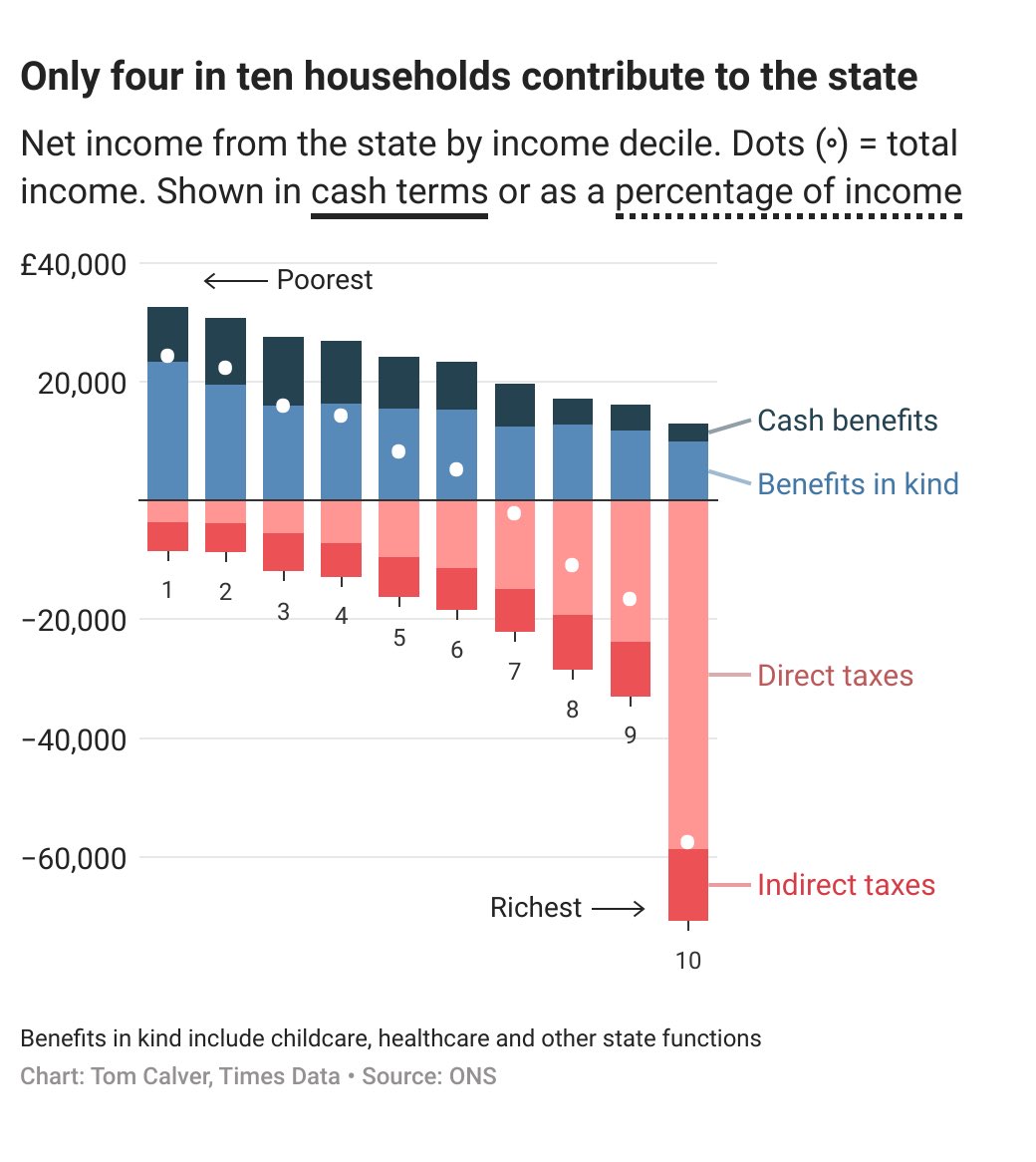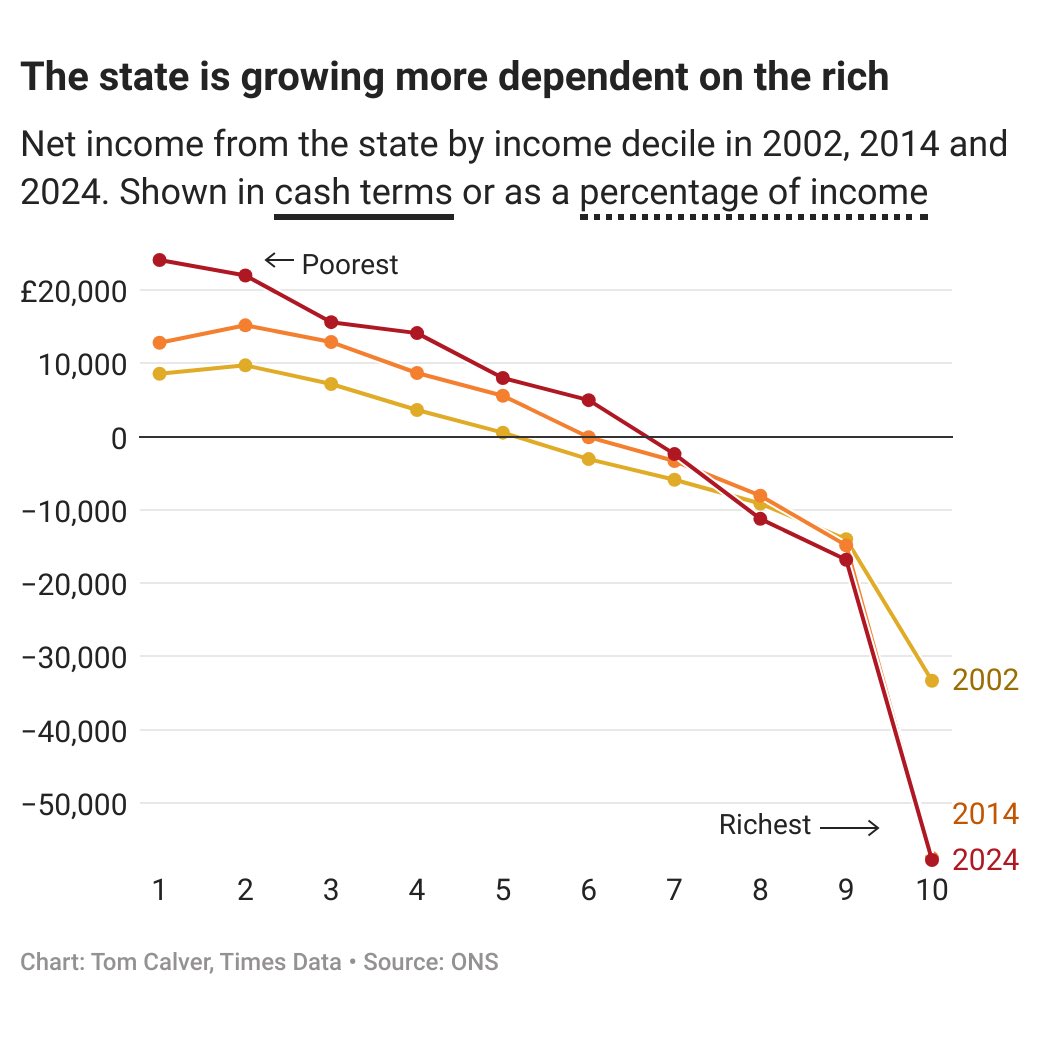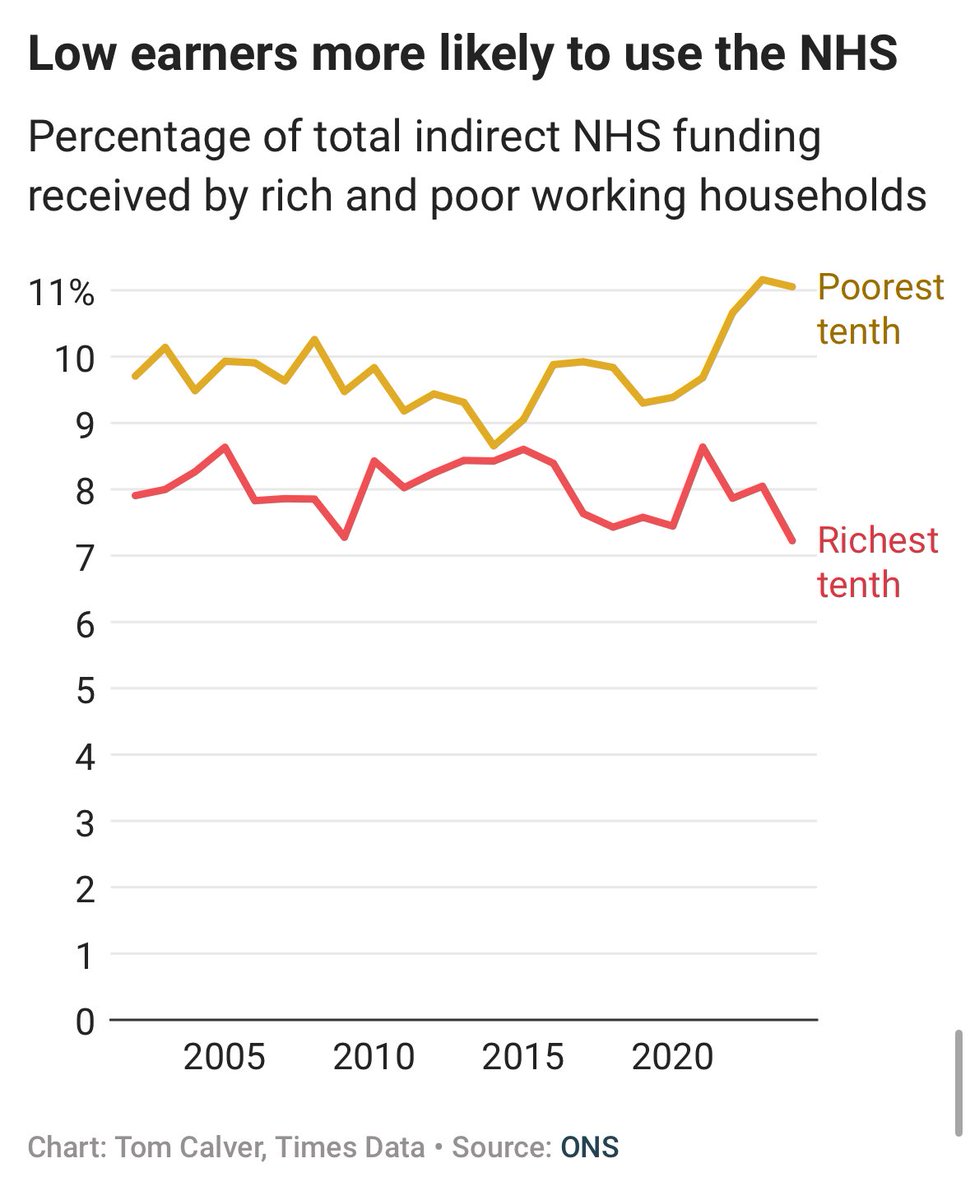🧵NEW: What’s wrong with young men?
Many under-25s are quick to reject traditional ideas of masculinity.
But new data suggests young men are even more reluctant to show emotions than their parents
My @thetimes analysis, and a short thread…
thetimes.co.uk/article/95af24…

Many under-25s are quick to reject traditional ideas of masculinity.
But new data suggests young men are even more reluctant to show emotions than their parents
My @thetimes analysis, and a short thread…
thetimes.co.uk/article/95af24…

Back in 2010 @TonyPorterACTM introduced the “man box” as a helpful way of looking at how masculinity restricts male behaviour
In short: don’t cry; don’t express weakness; don’t be a woman
How alive are those stereotypes today?
In short: don’t cry; don’t express weakness; don’t be a woman
How alive are those stereotypes today?
We polled 4,000 people on how uncomfortable they felt doing certain boundary-testing activities.
On the surface, the 18-24-year olds of today are a different breed. They’re more likely to be comfortable wearing pink or receive flowers than their fathers💐
On the surface, the 18-24-year olds of today are a different breed. They’re more likely to be comfortable wearing pink or receive flowers than their fathers💐

But ask them if they feel comfortable expressing emotion, and young men appear to be the most stoic of them all
Some 58% of 18-24 males said they would feel uncomfortable crying in front of other men, vs 46% of over-25s
Some 58% of 18-24 males said they would feel uncomfortable crying in front of other men, vs 46% of over-25s

What about body image? Generally, women were more likely to feel uncomfortable about being naked in a single-sex changing room.
But young men again are the exception: around 74% would feel uncomfortable being naked around other men, more than any female age group
But young men again are the exception: around 74% would feel uncomfortable being naked around other men, more than any female age group

What’s causing this?
@AndrewSmiler suggests the internet, media and online dating have expanded the pool of other males they are being compared with
thetimes.co.uk/article/95af24…
@AndrewSmiler suggests the internet, media and online dating have expanded the pool of other males they are being compared with
thetimes.co.uk/article/95af24…
Young men are keen to reject traditional notions of masculinity - but they haven’t yet decided what to replace it with. As a result, today’s young men are stuck, halfway out of the man box - and more insecure than any other age group
Here’s the rest of the @yougov polling
Here’s the rest of the @yougov polling

• • •
Missing some Tweet in this thread? You can try to
force a refresh


